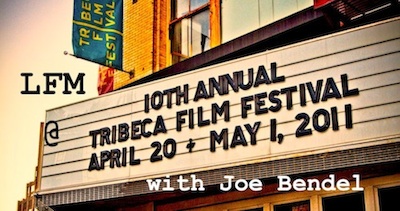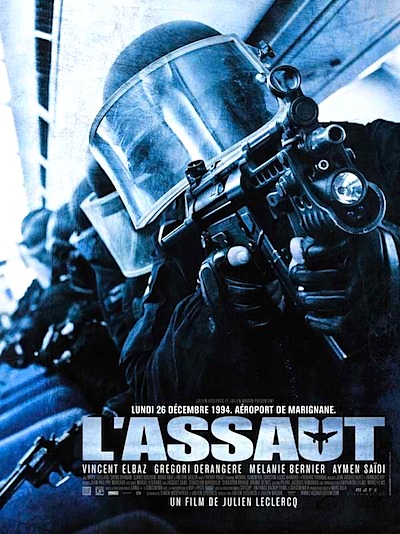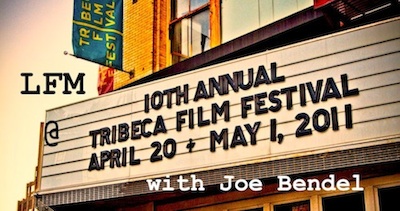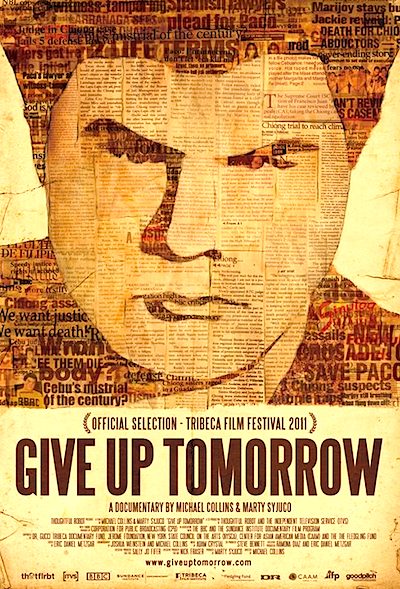By Joe Bendel. In Terminator 2, the villain of the previous film comes back as the hero of the sequel. Such is also the case with Chris Paine’s latest film, except it is a documentary. The freshly reformed protagonist? General Motors. The times just might be changing after all in Paines’ Revenge of the Electric Car, which premiered recently at the 2011 Tribeca Film Festival.
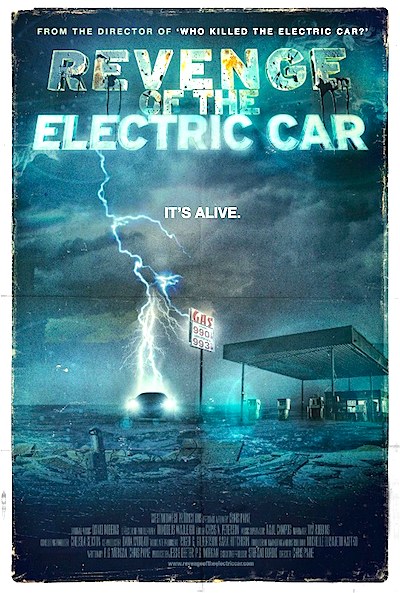 According to Paine’s Who Killed the Electric Car, despite enthusiastic driver feedback, GM recalled their experimental EV-1, while twisting its mustache and laughing maniacally. Instead, they ramped up production on Hummers. The end, or is it? Fast-forward a few years and meet Bob Lutz, the Vice Chairman of the automotive giant. The car executive’s car executive, Lutz is no tree-hugger. Yet, like Saul on the road to Damascus, Lutz fundamentally changed his mind about the feasibility and desirability of electric cars. Only Lutz has the prestige to put GM back in the electric business and the guts to allow their old nemesis to document it.
According to Paine’s Who Killed the Electric Car, despite enthusiastic driver feedback, GM recalled their experimental EV-1, while twisting its mustache and laughing maniacally. Instead, they ramped up production on Hummers. The end, or is it? Fast-forward a few years and meet Bob Lutz, the Vice Chairman of the automotive giant. The car executive’s car executive, Lutz is no tree-hugger. Yet, like Saul on the road to Damascus, Lutz fundamentally changed his mind about the feasibility and desirability of electric cars. Only Lutz has the prestige to put GM back in the electric business and the guts to allow their old nemesis to document it.
Revenge has other protagonists, like Elon Musk, the tech-centric entrepreneur, who made his fortune with Pay Pal before starting Tesla Motors. Sleek and striking, these sports cars are probably too elite to change the world, but they ought to make electric cool. Unfortunately, Musk has trouble filling customer orders (including Paine’s). As more mass market competition, Nissan chairman Carlos Ghosn has “bet the future” of his company on electric, but that shoe has yet to drop.
It is important to note, none of these ventures are the result of government mandates. Indeed, they are highly speculative ventures that might just short circuit careers and fortunes. To his credit, Paine himself gives due credit to the captains of industry and entrepreneurs of Revenge. Though he retracts nothing from his previous film, it is clear he and pre-government takeover GM made a lasting peace.
Of course, Bob Lutz is a major reason why. Although Paine probably has a naturally affinity for the Silicon Valley-based Musk, Lutz’s curmudgeonly charm dominates the film. The camera loves the cigar chomping old school executive far more than the icy Ghosn or the cerebral Musk. (While Revenge eventually addresses the government bail-out, most of the GM segments deal with Lutz’s early championing of the hitherto underwhelming Volt.) Continue reading LFM Review: Revenge of the Electric Car @ Tribeca 2011
